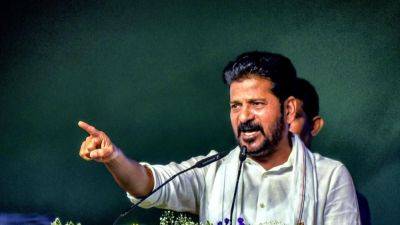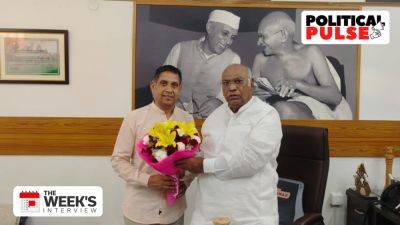When Fali Nariman raised red flags on RTI: ‘No one’s life is like an open book’
Legal doyen Fali Nariman who died on Wednesday left a mark on Indian jurisprudence through his role in cases such as Golaknath vs State of Punjab and TMA Pai Foundation vs State of Karnataka. But what is often overlooked is the role he played in Parliament during debates on a crucial piece of legislation.
In 1999, the President nominated Nariman to the Rajya Sabha under the special quota for distinguished persons, and in his six-year tenure, during which he gave up his legal practice, he participated, among other things, in two important debates that ultimately led to what is known as the Right to Information (RTI) Act.
During the debates, Nariman expressed apprehension about the draft laws, opposing the clauses on file inspection and on seeking of information “without reason”, and said only those people should be Information Commissioners “whom no one can point a finger to”.
The Atal Bihari Vajpayee government brought the Freedom of Information (FOI) Bill in 2002 but did not frame rules for it even after it was passed. The Manmohan Singh government that came to power in 2004 replaced the FOI Act with RTI, which came into effect on October 12, 2005.
On December 16, 2002, during a debate on the FOI Bill, Nariman said, “Unlike most of the Members, Madam (Rajya Sabha Deputy Chairman Najma Hepatulla), I have some apprehensions … The moment you give all citizens access to information, they will start using it, even though there may be no purpose for it. Therefore, I am worried about the implementation of this Act, particularly, when you also provide that information means and includes ‘inspection, and taking of extracts and notes’… If many people were to come at any one point of time, demanding inspection, and if a file were to







